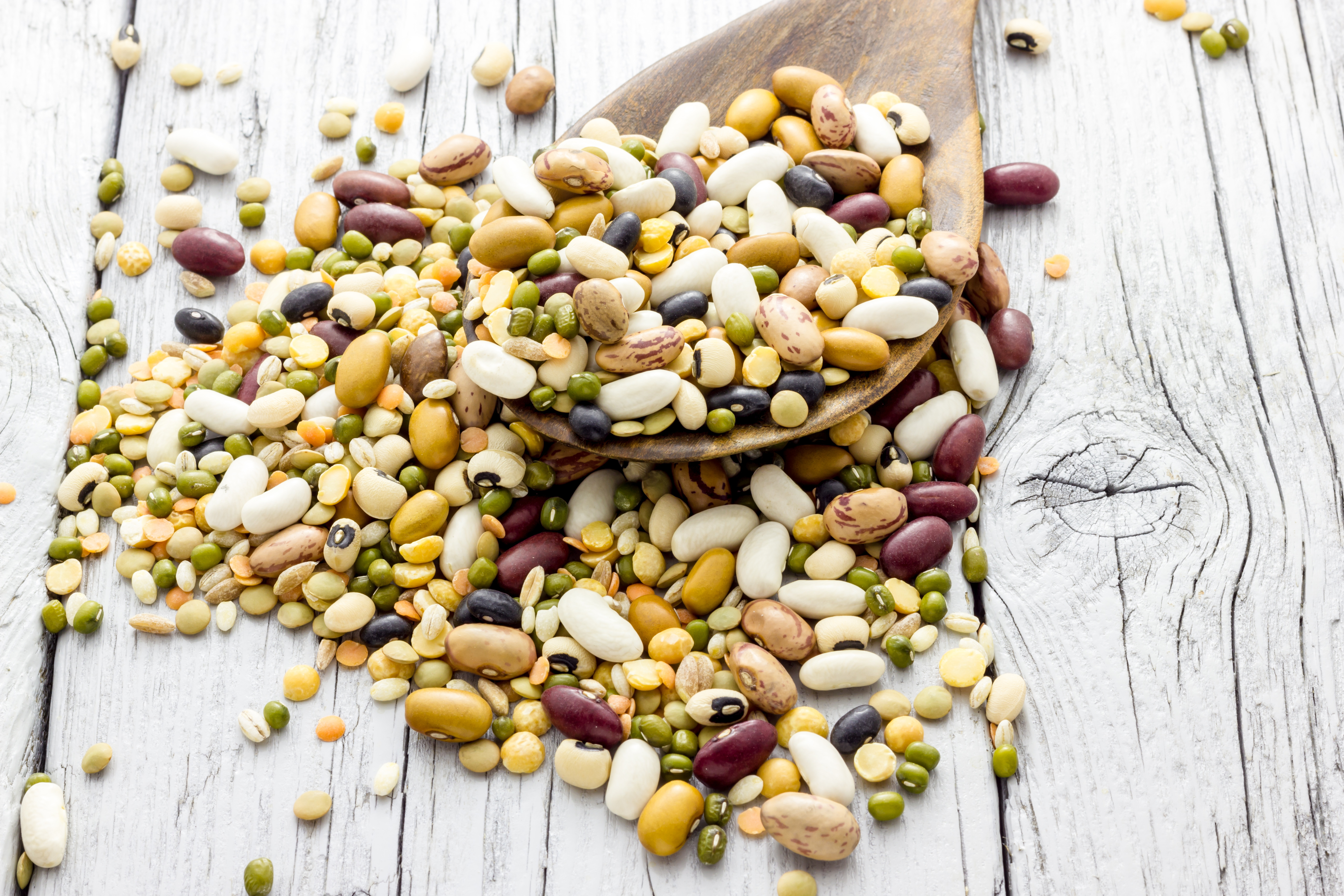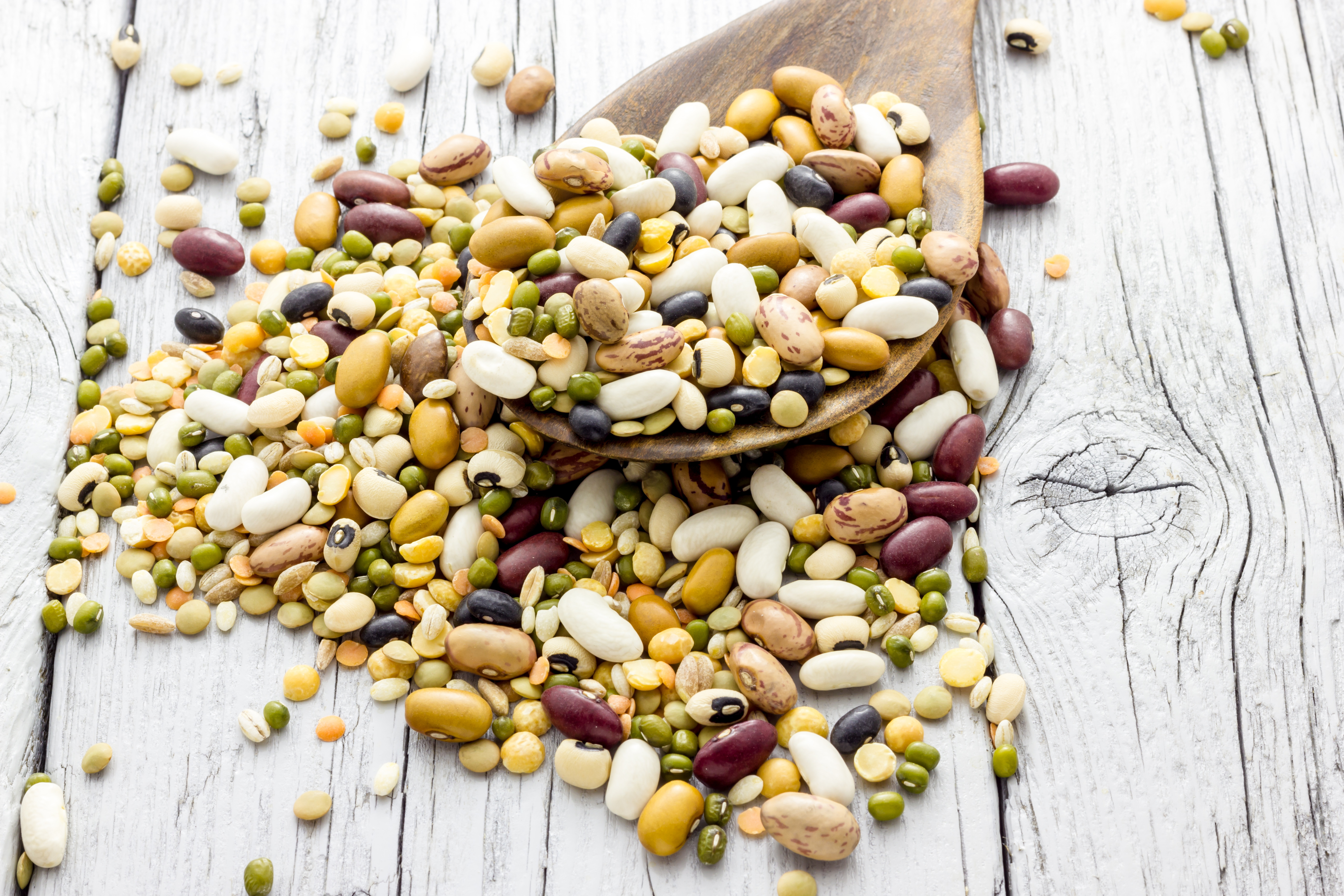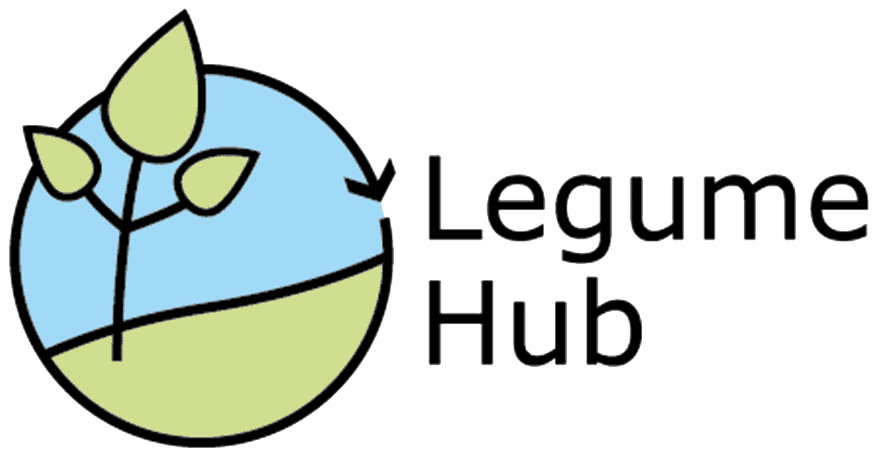World Pulses Day on 10 February 2023
For the coming World Pulses Day on Friday, 10 February, the organisation Donau Soja reminds of the urgently needed Protein Transition in Europe.
Currently, pulses such as soybeans, peas, beans, lentils and the like account for only about 2 to 3 percent of the total arable land in the EU. In 2023, there is still a shortage of 34 million tonnes of soya and it will have to be imported from overseas, where its cultivation – especially for animal feed – destroys valuable forests and other natural areas. “We not only promote the sustainable expansion of soya and other legumes in Europe, but Donau Soja is also the driving force behind the European Protein Transition with the Donau Soja Protein Strategy for Europe to significantly reduce the current protein deficit”, says Matthias Krön, President of Donau Soja. It is no longer just about soya, but also about integrating legumes and especially pulses into crop rotations throughout Europe in a way that is appropriate to the location. The international organisation therefore operates a multilingual knowledge platform, the Legume Hub, with numerous partners for breeders, farmers, processors and everyone involved with legumes.

The sustainable expansion of soya and other legumes in Europe brings many benefits. First, it would reduce the amount of non-certified soya imported from countries like Brazil. Second, it would increase agricultural diversity and thus strengthen the biodiversity of pollinator insects and other animals. Third, it reduces energy-intensive fertiliser use because legumes produce nitrogen fertiliser from the air themselves. Fourth, a more diverse crop rotation increases resistance to weeds and pests, and fifth, reduces the use of pesticides that pollute soil and groundwater.
In addition to increasing the area of legumes cultivation, a Protein Transition in Europe also requires an improvement in the efficiency of animal feeding. This can relieve the burden on farmers, especially in times of rising production costs. And last but not least, there is also a need for an awareness of increased nutrition of people with plant-based protein. “This not only promotes our health but also relieves the environment of harmful inputs from meat and milk production”, says Krön.
Together with its partners, Donau Soja runs its own European platform for legumes, the Legume Hub. There, all interested people can find extensive knowledge, numerous articles, field reports, practices and tips for the production of plant protein products along the entire value chain.

